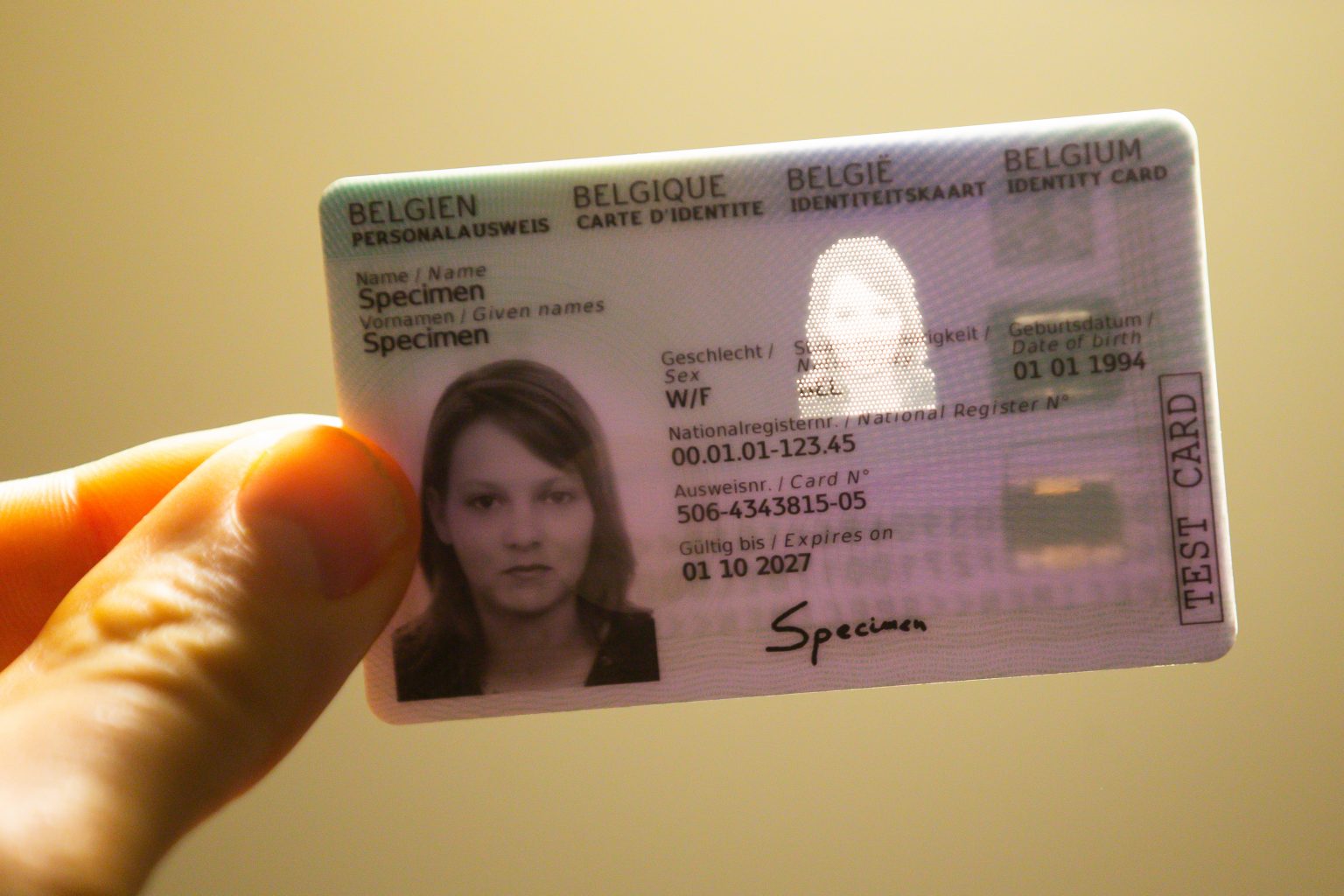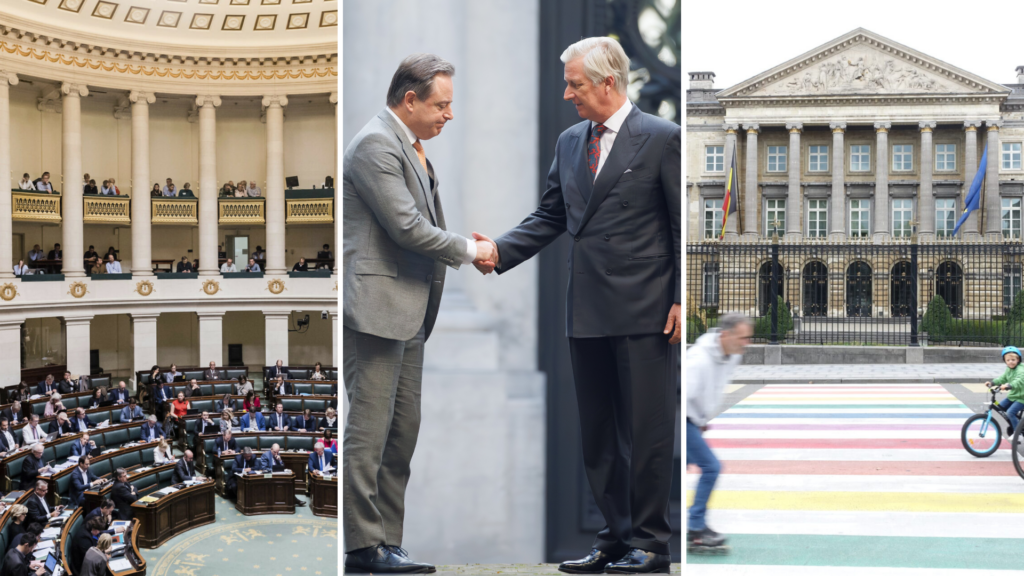21 weeks have now passed since the June elections, in which Belgium shifted to the right but not so far that Flemish nationalists Vlaams Belang – who were tipped in the polls to become Belgium's biggest party – would have to be accepted into a government formation.
As Belgium's neighbours have seen far-right parties take hold of national decision-making, the cordon sanitaire that keeps Vlaams Belang in the opposition held. This was largely thanks to a strong result for the right-wing Flemish party N-VA, whose leader Bart De Wever was quickly nominated as the leader of Federal Government negotiations.
He set out with a clear mission: fix Belgium's finances. And he was hopeful that he could bring together a government to do this without too much dithering, unlike in previous formation discussions that took a matter of years. Besides, De Croo's "Vivaldi" coalition relied on seven parties of diverse political hues; the "Arizona" formation that De Wever aimed to unite was just five. And with the exception of Flemish socialists Vooruit, their core principles are not too distant. On paper, Arizona was the obvious path to a government.
But on Monday, De Wever met King Philippe for the 11th time since the elections, unable to bring tidings of progress but rather to admit defeat. After days and nights of working groups to settle the next government's strategy to save some €20 billion, Vooruit announced on Thursday that they would not accept the deal. Last-ditch attempts to salvage the coalition came to nothing and De Wever threw in the towel.
His resignation was not accepted, however. The so-far impossible Arizona formation – composed of N-VA, CD&V, Vooruit, MR and Les Engagés – is also seen as the only viable coalition that could produce a government. Effectively it is a numerical necessity. So the King instead gave an exasperated De Wever another week to find a way out of the deadlock.
Belgium has been in a similar stasis before. We're still a long way off the record 592 days without an elected government and public services still run, frites still fry, and life looks normal. But the lack of a functioning executive not only does nothing to stabilise national affairs; it greatly limits our ability to influence the international agenda, risking long-term damage just as we need to crank up the economic momentum.
Today is just another Groundhog Day in Belgium and everyone's fed up. But frustration won't solve the problem.
Belgium in Brief is a free daily roundup of the top stories to get you through your coffee break conversations. To receive it straight to your inbox every day, sign up below:
1. Federal Government negotiations hit a wall; De Wever resigns as ‘formator’
Flemish socialists Vooruit refused to endorse the socio-economic reforms put forward by De Wever and have now pulled out of formation talks. Read more.
2. Over 95% of new Belgian citizens in Brussels asked for a French ID card in 2023
Flemish far-right party Vlaams Belang sees this as proof of the "frenchification" of Brussels. Read more.

3. ‘An indecent life, but it was all they had’: Brussels displaces refugees again
"Evictions try to make these people invisible, because if you split them up from each other they are too busy trying to survive to make any noise." Read more.
4. Almost one in ten vehicles on Belgian roads are company cars
The high tax rates in Belgium often make it more financially attractive for employers to reward workers with cars rather than better wages. Read more.
5. An urban jewel: Renovation of city palace in Ixelles gets green light
After years of vacancy and decay, the "de Mérode" eclectic city palace previously owned by a noble family will be given a facelift. Read more.
6. Allow undocumented migrants to fill Belgium’s chronic labour shortages, say lawyers
"Such a ruling would meet labour needs, reduce illegal immigration and enable the collection of taxes and social contributions." Read more.
7. Fire in central Brussels hotel possibly of criminal origin
“Evidence suggests that the fire may have been criminally instigated." Read more.

